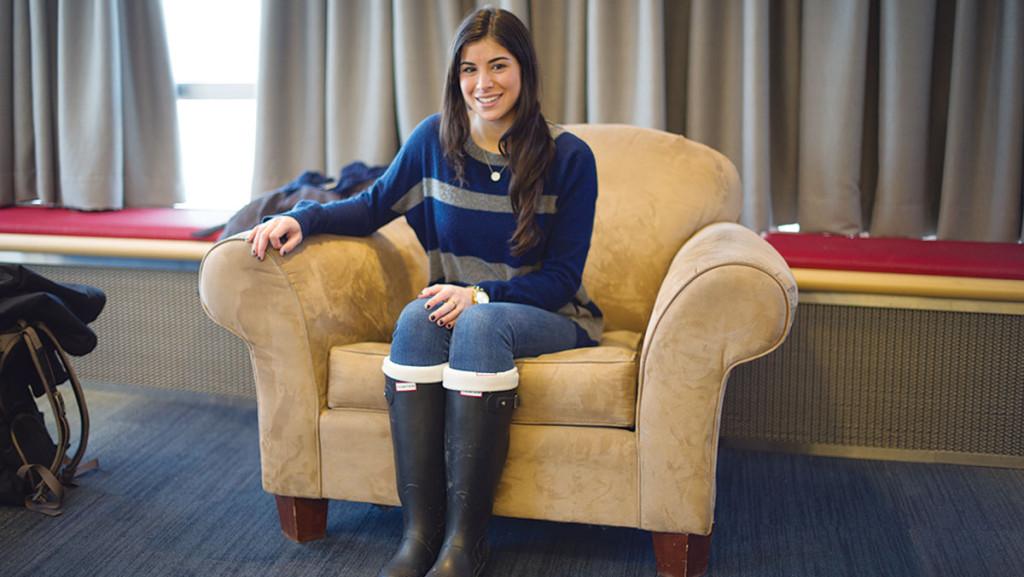When I think about my time here at Ithaca, I think about a whirlwind of incredible experiences: travelling abroad in London, dollar drafts at Rogan’s Deli and intriguing sociology classes. But I also think about the question that always lurked: What am I going to do after I leave here?
Although the question is the quickest way to get any senior’s heart pounding, I actually have several ways I could answer it. I could travel the world, I could go to graduate school for education or I could get a well-paid job until I figure out what I want to be. I have choices.
But the question of what I could do after graduation actually has a second part — what should I do? And as I turned each choice over in my head, none of them felt quite right.
The truth is, as a white woman from Westchester, New York, with a college degree, I have access to opportunities that many kids growing up in low-income communities across the country don’t. I think of my peers in high school whose ambitions were just as great as mine and their intelligence often greater, who are back home in New Rochelle, New York, working multiple jobs and raising children worrying about how they will get by, not what classes they will take the following semester. I worked hard to get to and through college and faced struggles along the way, but I also know that it was the hard work of many others that got me to this point.
Across the country, too many kids lack the opportunity to imagine a bright future for themselves. For students growing up in our lowest-income communities, just 6 percent will graduate from college by the time they’re 25. Knowing the disparities that exist, I know that I can use my experiences to help students imagine an ambitious future they define for themselves.
I applied to Teach For America because I believe that I can make a difference in this world. I didn’t have an unlimited meal plan and amazing sociology courses because I was personally entitled to them. I had all that because I was born into the resources and support I needed to secure them. When I think about what I can and should do with my privilege, working to be one of the many supporters and cheerleaders for kids like is the answer that fits.
I didn’t decide to teach because I think I’m going to be a hero. This work will be incredibly challenging and humbling, and I will have to push myself harder than I ever have to give my students the education they deserve. I will need to work in close partnership with the parents, teachers and community members who have been working toward justice and equity long before I arrived. But I don’t want a job that lets me turn a blind eye to the injustice kids face every day. I want one that forces me to look injustice in the face and fight it with all my heart. I want one that holds me accountable for the injustices that plague our communities — because, although I did not create them, I’d still bear responsibility if I chose not to
address them.
As I become a Teach For America Corps member after graduation, I’ll be joining a network of more than 47,000 people working relentlessly to make access to opportunity equitable. It’s a network of leaders vastly diverse in background and experience, working across sectors to create change. But we are all united around the fundamental belief that a quality education is not a privilege — it is a right. We can fight to ensure all students get to enjoy that right. As you think about what in the world you’re going to do after you leave here, I hope you’ll join us.
Hannah Steinfeld is a senior sociology major and vice president of IC More Than Me. Email her at [email protected].














